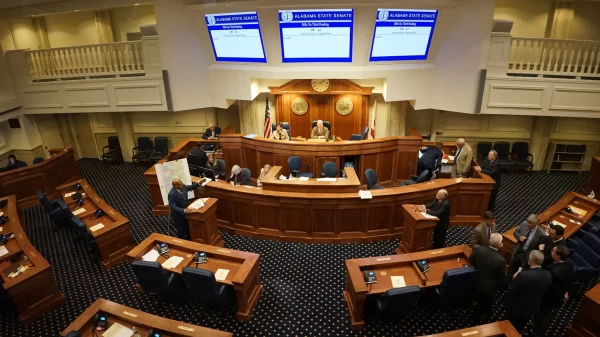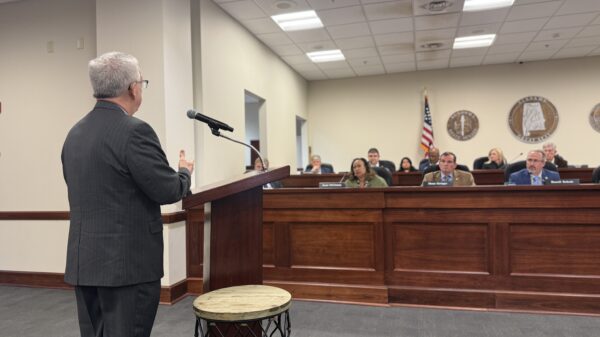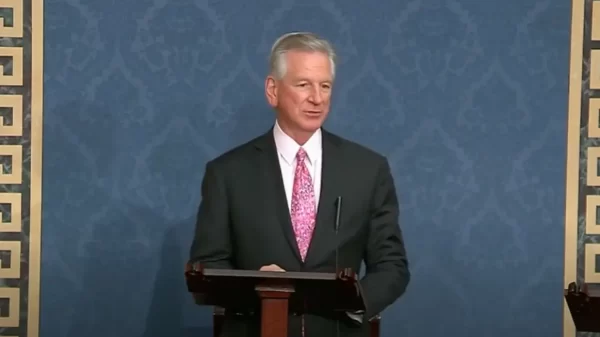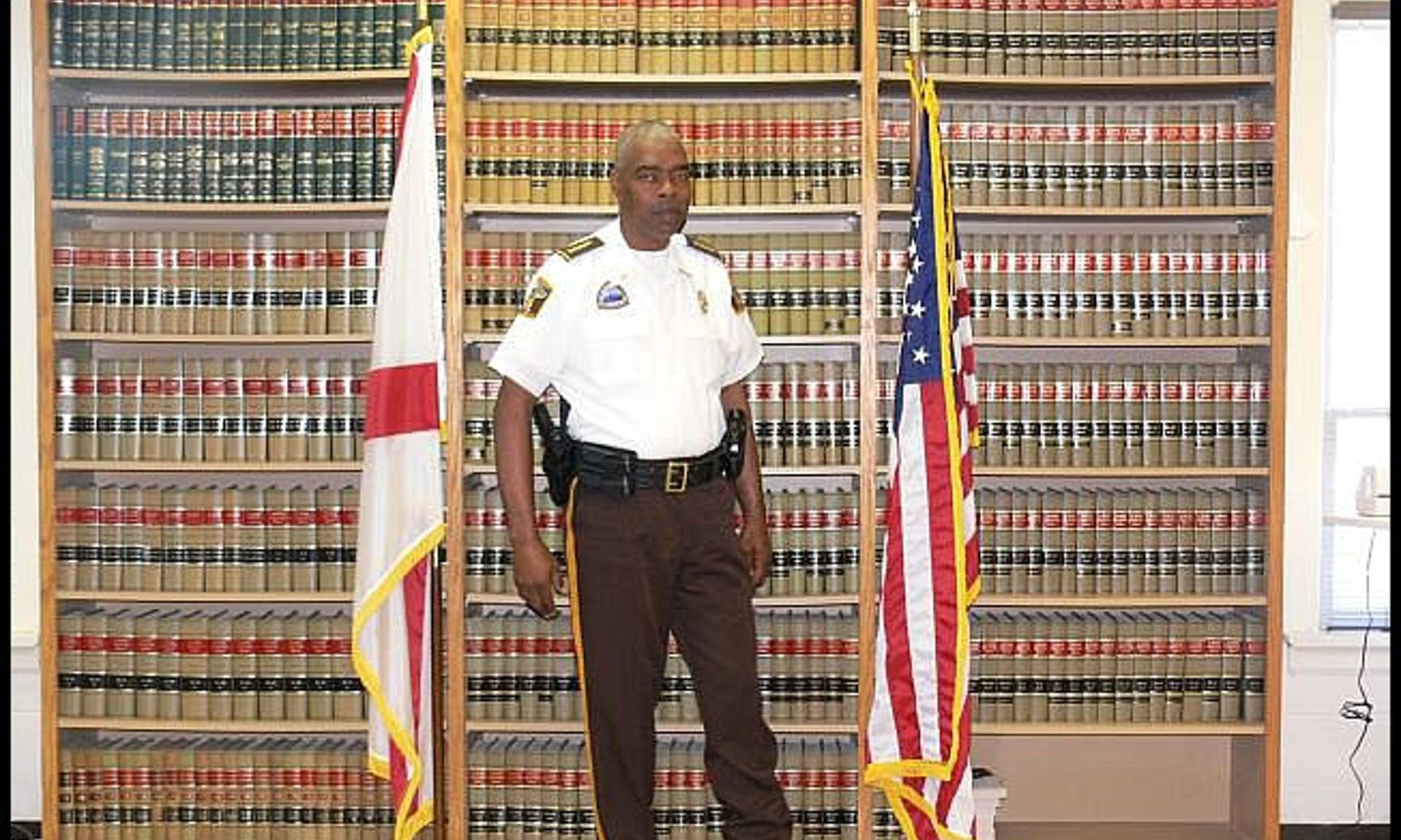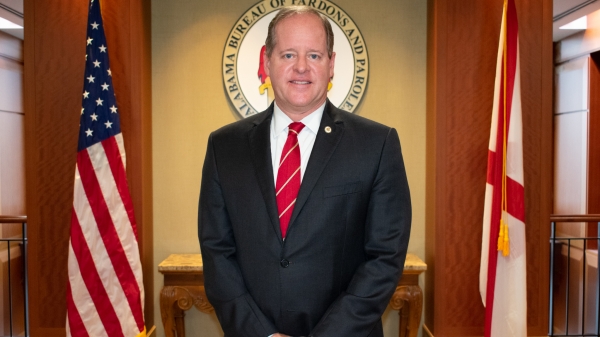The Alabama legislature unanimously passed two bi-partisan human trafficking bills Friday.
House bills 261 and 262 were sponsored by State Representative Merika Coleman (D-Birmingham), and State Senator Cam Ward (R-Alabaster) guided both through the Senate. The bills are now in Governor Kay Ivey’s (R) office for her consideration.
HB261 requires that all new commercial driver licensees undergo industry-specific human trafficking training. Truckers Against Trafficking, a national organization that trains truckers on identifying human trafficking victims recommended the bill and will work with junior colleges and trade schools to facilitate the training.
The bill as it passed the House only applied to public colleges. The Senate strengthened the bill to include private colleges as well. The House concurred with the Senate changes on Friday afternoon shortly before the 2019 session ended.
Alabama is just the ninth state to partner with Truckers Against Trafficking and pass a law mandating human trafficking training for new CDL drivers.
“Professional truck drivers are in a critical position to recognize human trafficking, and when properly equipped, to know how to respond,” said Kylla Lanier, Deputy Political Director of Truckers Against Trafficking. “To know that Alabama has decided to educate and empower the next generation of professional drivers at the CDL school level with anti-trafficking training is phenomenal!”
HB262 clarifies existing law to prohibit publishing photos of those charged with the act of prostitution, while allowing for publishing photos of those charged with soliciting or procuring prostitution. The bill is aimed at deterring “John’s” from purchasing sex and supporting human trafficking, while protecting potential victims of human trafficking from public identification. The hope is that fear of public shaming will be a deterrent against men purchasing sex.
The version that passed the House would have allowed authorities to publish the pictures of men arrested for solicitation of a prostitute. The Senate amended that to convicted. The House concurred with the Senate’s changes.
“This is another step in expanding the tools in the toolbox to combat human trafficking,” said Rep. Coleman. “I want to thank the House co-sponsor, Rep. Terri Collins, and Senate sponsor, Sen. Linda Coleman-Madison, and co-sponsor, Sen. Cam Ward. We could not have done this without Sen. Ward’s tremendous dedication and work in seeing them over the finish line before sine die.”
Rep. Coleman said, “I look forward to continuing this bi-partisan work next year, perhaps following Florida’s lead in requiring human trafficking awareness in schools.”
The Legislature also passed two human trafficking resolutions. HJR145 encourages ALEA to continue developing curriculum to ensure that every officer in the state is trained regarding human trafficking; HJR244 creates the Alabama Healthcare Human Trafficking Training Program Commission, which is tasked with developing a training module for all healthcare related employees to identify and provide trauma-centered care for human trafficking victims.
“With the human trafficking bills and resolutions passing through the legislature this week, Alabama is sending a very loud and powerful message to traffickers that we are extremely serious about stopping these horrible crimes,” said Pat McCay, Alabama Human Trafficking Task Force Chair. “A big thank you to everyone who called and emailed their legislators to make this a reality.”
Sen. Ward said that this is a subject that effects those between 11 and 14 more than any other group, because that is the age groups typically targeted by sex traffickers.












